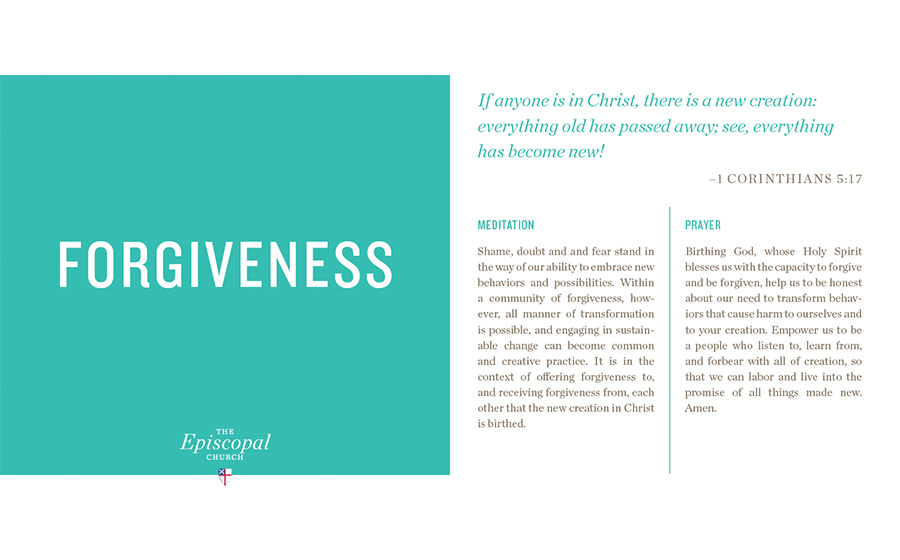


The climate crisis is first a spiritual crisis. The strongly held worldview in the West since at least the dawn of the Industrial Age is the seed from which springs forth the disastrous distortions we feel as climate chaos: the objectification of life and of the living planet, the prevalence of a “machine model” of the cosmos, the alienation stemming from extreme individualism, the inflation of the ego fed by the accumulation of seemingly limitless power. These inner spiritual beliefs manifest outwardly and drive climate change.
I will offer one spiritual practice that I’ve used, both personally and in gatherings at climate summits in Paris, Marrakech, and Bonn, to help provide a strong, healthy spiritual base for climate action. I believe that there are networks of spiritual values or virtues in our hearts that, if cultivated, can strengthen us and give us the wisdom we need. We might think of a garden of spiritual virtues, growing in the soul, with plants whose leaves and flowers have healing qualities. Based on this belief, I worked with a diverse group of Episcopalians to prepare prayer cards with one spiritual virtue on each card, including Courage, Compassion, Letting Go, Forgiveness, and Reconciliation.
At the summits we read a prayer card along with a relevant passage from sacred scriptures or literature, followed by chanting or sitting in silence. Then we ask this question: How has this spiritual virtue supported your climate action?
The most striking response to this spiritual practice came in Marrakech with a group of young Muslims, mostly women and mostly graduate students in environmental engineering and architecture. One said, “We did not come to the climate summit to find technical answers to climate change; we have those. We are looking for the spiritual dimension of climate change.”
What are the spiritual virtues growing in your internal landscape? How could you nurture them better? How do they support your climate action?

Prayer card image courtesy of Bishop Marc Andrus

Prayer card image courtesy of Bishop Marc Andrus

Prayer card image courtesy of Bishop Marc Andrus

Bishop Marc Andrus is the eighth bishop of the Episcopal Diocese of California. He was installed as bishop in 2006, a position of oversight for a diocese comprising twenty-seven thousand communicants. His leadership has focused on key issues related to peace and justice, including immigration reform, climate change, civil rights for LGBTQ+ persons, racial reconciliation, and health care. An example of his local engagement includes cochairing a community-wide planning process for rebuilding St. Luke’s Hospital in San Francisco. Prior to his election as Bishop of California, Andrus served as Bishop Suffragan in the Episcopal Diocese of Alabama. Bishop Andrus is a member of the We Are Still In Leaders’ Circle, a diverse group of ambassadors for American climate action.
Get the latest news and stories from the Rubin, plus occasional information on how to support our work.